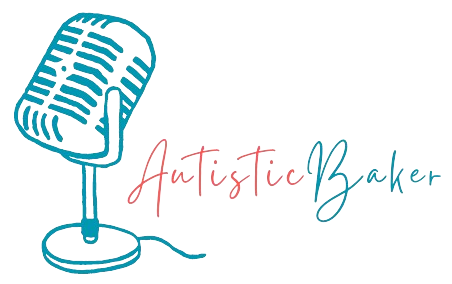Students in the highly competitive and demanding world of higher education are often under a lot of pressure to do well. These demands can give rise to unethical academic practices like plagiarism. Creating successful tactics to prevent plagiarism in college requires an understanding of its origins and consequences.
The Psychological and Social Pressures Leading to Plagiarism
There are a lot of social, psychological, and intellectual demands placed on college students. Students can resort to plagiarism as a coping mechanism for these stressful situations. High standards set by friends, family, and oneself can lead to a stressful atmosphere where failure is feared greatly. Some students can see plagiarism as an easy way out when they have a lot on their plate, tight deadlines, and the need to do well. Furthermore, these demands are made worse by academia’s competitive environment. In an effort to get the best grades possible and land coveted internships or jobs, students often compare themselves to their classmates. This rivalry has the potential to foster a “win-at-all-costs” mindset in which morality is neglected.
The Academic Consequences of Plagiarism
Plagiarism has serious academic repercussions that can profoundly affect a student’s academic trajectory. Plagiarism is often strictly prohibited by colleges and universities, and the consequences can be severe, ranging from failing a course or project to being expelled. These sanctions are intended to protect students’ academic integrity and guarantee that their work accurately reflects their ability. Students’ academic reputations are damaged in addition to their grades when they are found to have plagiarized. Prospects, including graduate school admissions, internships, and scholarships, can be restricted by a history of academic dishonesty. The long-term effects of these academic penalties highlight how crucial it is to inform students about the gravity of plagiarism and provide them with the tools and resources they need to create unique work.
The Ethical and Moral Implications of Plagiarism
Plagiarism presents serious ethical and moral issues in addition to academic consequences. Since plagiarism is the act of passing off someone else’s words or ideas as one’s own, it is fundamentally a kind of intellectual theft. This dishonesty weakens the confidence among peers and between pupils and teachers. Additionally, it fundamentally violates ethical behavior by undervaluing the work and contributions of the original inventor. Plagiarism has ethical ramifications that go into the workplace. Plagiarism is a dishonest habit that students who commit throughout their academic careers are prone to transfer into their professional lives, resulting in unethical working behaviors. The continuation of dishonesty can have far-reaching effects, eroding the integrity of whole sectors and harming professional reputations.
Technological Solutions to Detect and Prevent Plagiarism
In the current digital era, plagiarism detection and prevention rely heavily on technology. Teachers can find instances of plagiarism by comparing student work to large databases of published content using a variety of methods and software packages. A plagiarism detector can provide thorough reports that identify possible plagiarism, giving teachers the ability to deal with problems quickly and efficiently. But technology plays a bigger role than just detection. Educational establishments have the ability to use technology in order to educate students on appropriate citation guidelines and the value of original research. Students can benefit from assistance in upholding academic integrity via the use of online platforms and applications that oversee research projects, arrange notes, and direct citation procedures.
Educational Strategies to Promote Original Work
Encouraging creative work calls for an all-encompassing strategy that incorporates precise instructions, efficient teaching techniques, and a nurturing learning atmosphere. Teachers need to provide pupils with clear information on what plagiarism is and how to reference sources properly. Students need to master these fundamentals in order to comprehend the limits of appropriate academic conduct. Assignments that promote creativity and critical thinking might help lessen the need to plagiarize. Engaging students in tasks that demand in-depth thought, analysis, and application of information to real-world situations can motivate them to develop unique content and engage deeply with the subject matter. Additionally, one way to lessen the pressures that contribute to plagiarism is to create a friendly learning atmosphere where students feel free to ask for assistance and talk about their difficulties.
Conclusion
In order to combat plagiarism in higher education, it is important to comprehend the factors that push students to steal, acknowledge the serious ethical and academic ramifications of plagiarism, and use instructional and technological tactics that encourage creativity. In addition to improving the educational experience, this dedication to academic integrity equips students for morally and responsibly doing business in the workplace.




